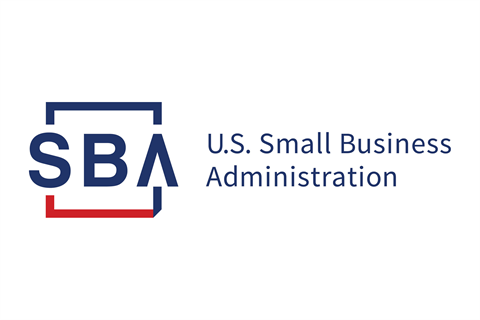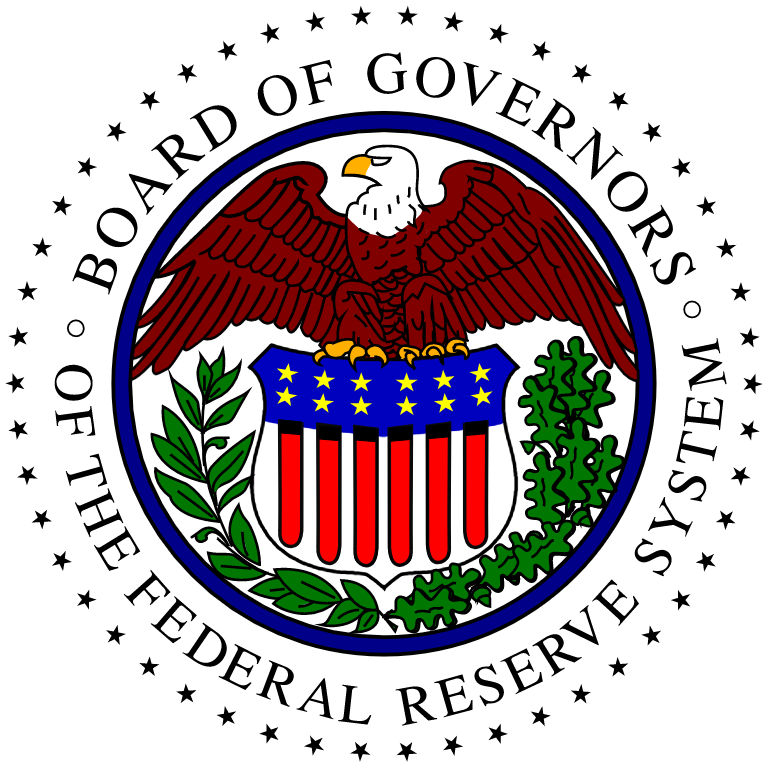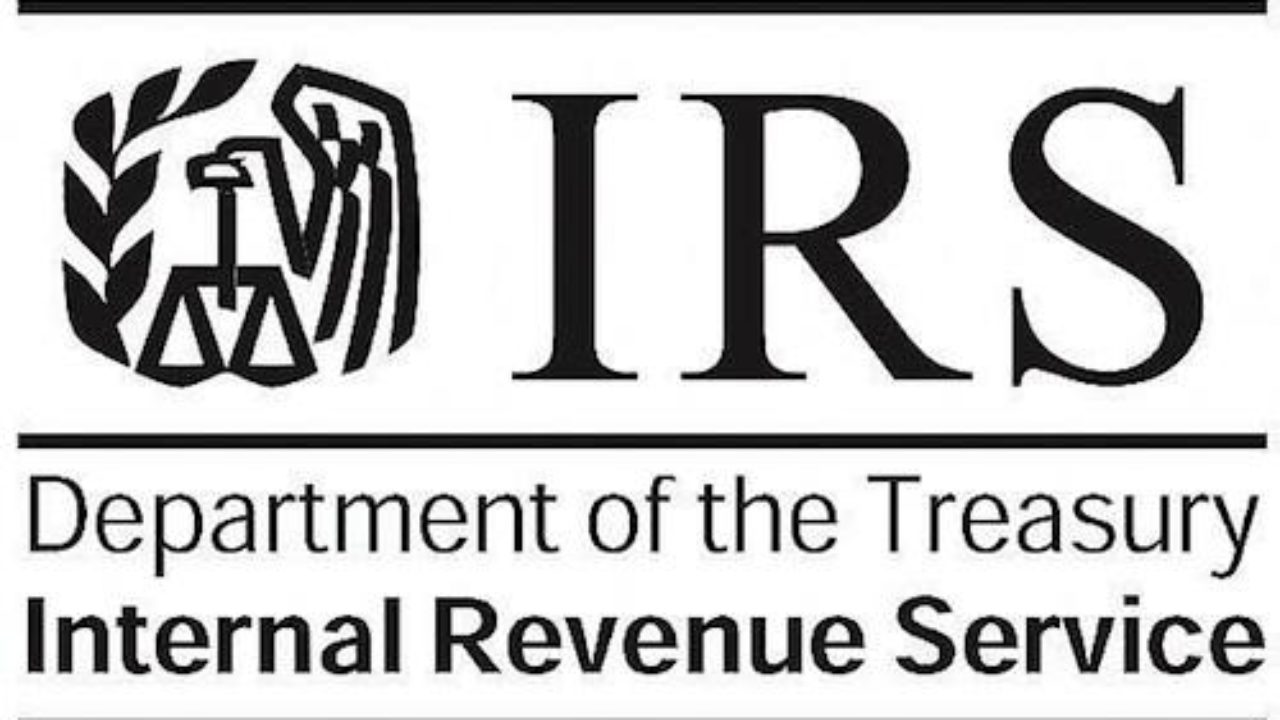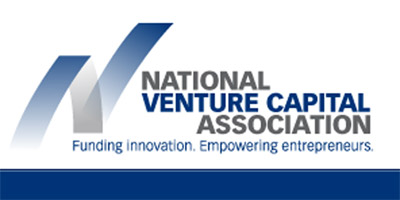If you have been following Legal Bytes, then you know we have been following developments related to the various relief, incentive and stimulus programs being enacted and signed into law in the US (See Congress Provides Additional PPP Flexibility which includes links to many of the prior postings).
After Congressional passage of the legislation earlier last week, over this past July 4th weekend, President Donald Trump signed into law an extension of the application period for the Paycheck Protection Program (PPP) until August 8, 2020 and this morning applications were once again being accepted for the loans. According to the SBA, there is still over $130 billion available in the fund.
We will continue to provide updates as they become available and as always, if you need more information or assistance you can always contact me, Joe Rosenbaum, or the Rimon Law lawyer with whom you regularly work. Stay safe, stay well!





